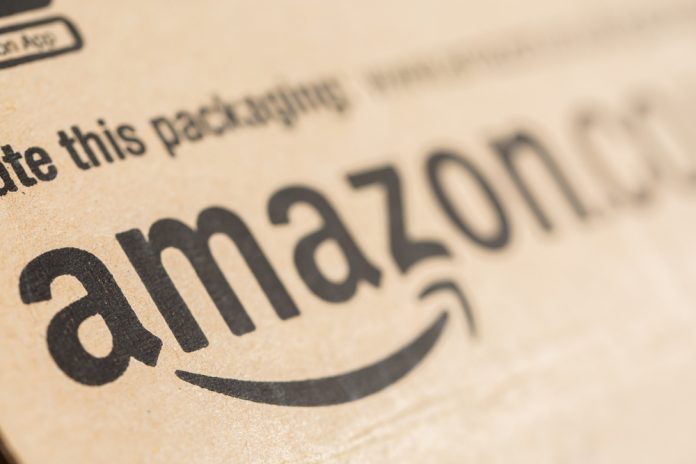Both Amazon (NASDAQ: AMZN) and Starbucks (NASDAQ: SBUX) have hit out against Seattle’s plans to impose a new tax to help fight homelessness.
The new tax was voted for unanimously by the city council members and requires firms to pay $275 per employee, per year on for-profit companies that gross at least $20 million per year in Seattle.
Council member Teresa Mosqueda said the tax would have “a meaningful impact on addressing our homelessness crisis by building housing and providing health services.”
“We have community members who are dying. They are dying on our streets today because there is not enough shelter,” she added.
Amazon and Starbucks have hit out at the new tax, saying it could kill jobs in the city.
Amazon’s vice president Drew Herdener said: “We remain very apprehensive about the future created by the council’s hostile approach and rhetoric toward larger businesses.”
“We are disappointed by today’s City Council decision to introduce a tax on jobs,”. [It] forces us to question our growth here,” he added.
Seattle has the third-largest concentration of homeless people in the US and the money raised from the tax will be used to build affordable housing and support services for the homeless.
The council has estimated that $47 million will be raised every year from the new tax.
The tax is likely to affect about 500 companies including Amazon, Starbucks, Apple (NASDAQ: AAPL), Google (NASDAQ: GOOGL) and Facebook (NASDAQ: FB).
“This City continues to spend without reforming and fail without accountability,” said coffee chain, Starbucks. “No one believes they will be able to make housing affordable or address opiate addiction [through this tax].”
Starbucks also hit out at the council, for not effectively spending taxes.
“If they cannot provide a warm meal and safe bed to a five-year-old child, no one believes they will be able to make housing affordable or address opiate addiction,” said John Kelly, the company’s top public-affairs executive.
The initial period will end after five years. A renewal will be required by a council vote in 2023.

